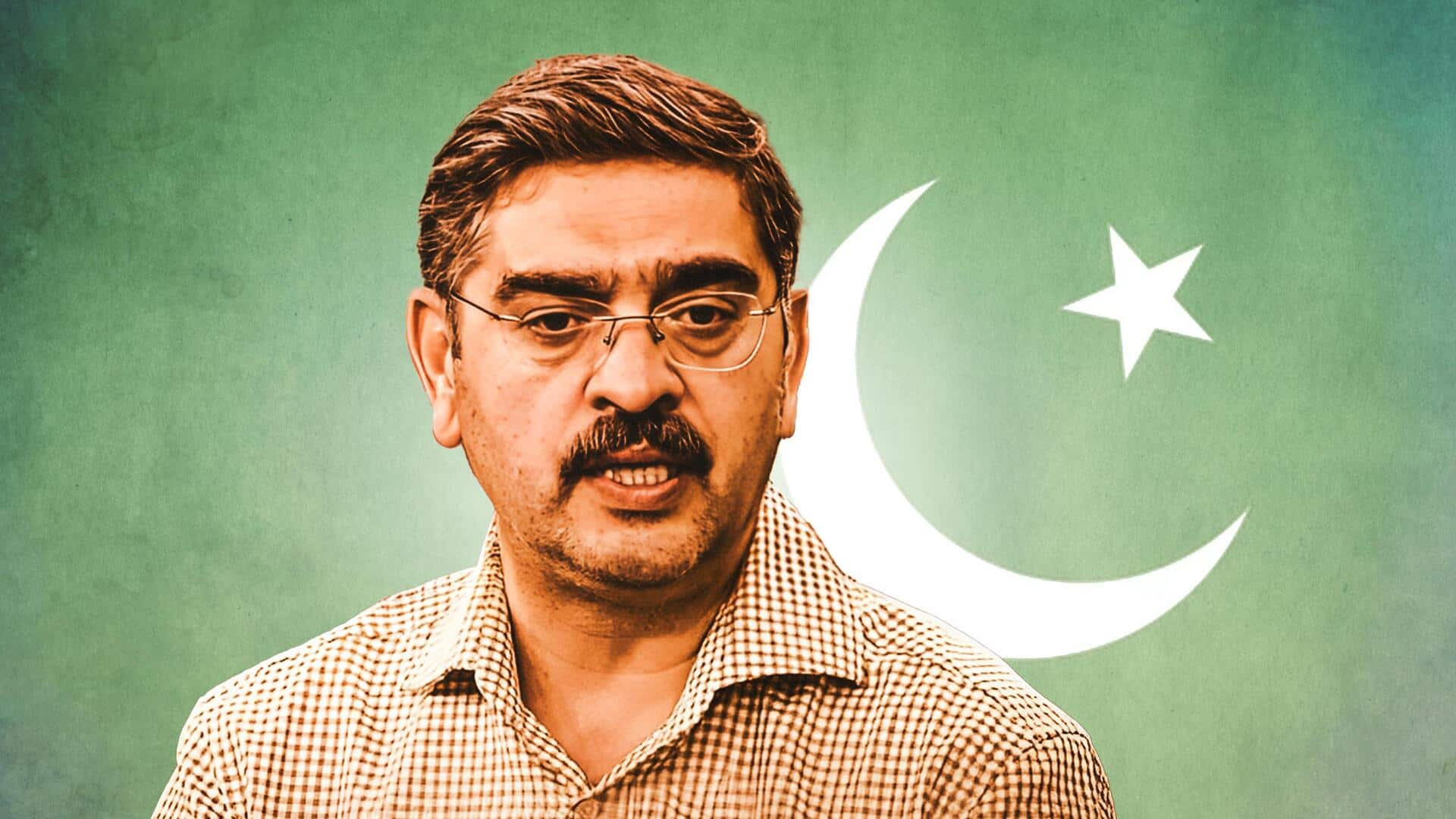
Pakistan PM dismisses military interference in upcoming parliamentary elections
What's the story
Pakistan's caretaker Prime Minister, Anwaar-ul-Haq Kakar, reportedly ruled out the possibility of military interference in the forthcoming parliamentary elections in the country. Speaking to The Associated Press on Friday (local time) on the sidelines of the United Nations General Assembly (UNGA) annual general debate, Kakar emphasized that the Election Commission of Pakistan (ECP), not the military, would oversee the polls. He also stated that fair elections can occur without the jailed former Prime Minister Imran Khan or his party members.
Context
Why does this story matter?
Kakar's comments follow Khan's claims that Pakistan's ruling alliance and military will try to prevent him from contesting the upcoming general election out of fear that he will win. Pakistan has been facing political instability since April 2022, when Khan was removed from office after a no-confidence vote in Parliament. He was later arrested on corruption charges and sentenced to three years in prison, which was subsequently suspended. The parliamentary elections would take place by the end of January.
Statement
Not pursuing anyone on personal vendetta: Kakar
On Khan's conviction and whether he would recommend its reversal to allow Khan to run for the elections, Kakar said he wouldn't interfere with the judiciary's decisions. The prime minister further said the government was not pursuing anyone on personal motives and that the law was followed properly. "Anyone, be it Imran Khan or any other politician who violates the laws of the country, then the restoration of the law has to be ensured," he said.
Details
'Fair elections possible without Khan'
Furthermore, Kakar said that fair elections in Pakistan can take place without Khan or his jailed party members, stressing that the judiciary should not be used "as a tool for any political ends." While the Pakistani army has been accused of manipulating elections in the past, Kakar asserts that civil institutions need to improve their performance rather than weaken the military organization. Notably, some of Khan's supporters claimed that there is de facto military rule in Pakistan, threatening democracy.
Insights
Kakar calls for Kashmir's right to self-determination
Kakar also advocated for the "right to self-determination" in Kashmir, a longstanding point of contention between India and Pakistan. He claimed that India's decision to revoke Article 370 in 2019 is a violation of the United Nations Charter's right to self-determination and the resolution calling for a UN referendum. He alleged that India was denying the basic democratic principle of a plebiscite and that the Kashmiri people should decide their identity and future.
Poll